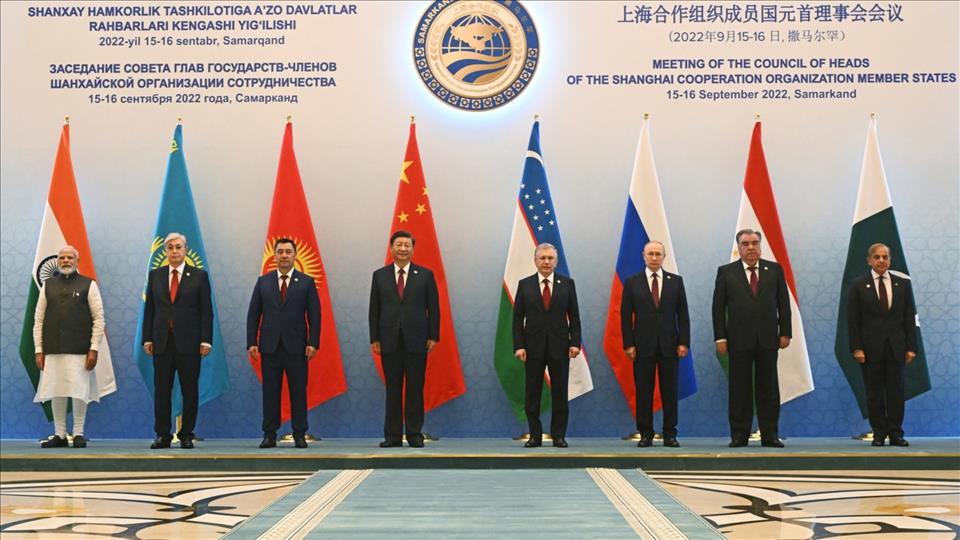(MENAFN- Swissinfo)
Deutsch
(de)
中文
(zh)
Français
(fr)
Pусский
(ru)
中文
(zh)
Italiano
(it)
Three decades after the collapse of the Soviet Union, tensions are high between several successor states. SWI swissinfo.ch speaks to security analyst Benno Zogg about Russia's role and China's influence on the region.
SWI swissinfo.ch: There is a lot going on in some of the former countries of the USSR. Has Russia as the force for order lost its influence on these republics?
Benno Zogg: The first question is to what extent Russia really was a force for order to begin with. It used to act as a mediator in disputes or as a kind of security guarantor for some of its allied states in the region. But with several armed conflicts going on in the area, Russia's role has been called into question. It has not gone unnoticed that Russia is reluctant or unable to make large investments in these countries. That's why some of them are now looking for other partners.
Benno Zogg David Biedert
SWI: Azerbaijan has attacked Armenia, which is one of Russia's allies. Not far from the battlefields, Russian soldiers are securing a fragile peace that has prevailed since the war over Nagorno-Karabakh in 2020. Is Azerbaijan afraid of Russia?
B.Z.: It is. Russia played a stabilising role in this conflict, due on the one hand to its alliance with Armenia and the military cooperation between the two that includes a military base in the country. On the other hand, it's also due to its good relations with Azerbaijan. For 30 years, not much happened in the Nagorno-Karabakh conflict despite occasional outbreaks of violence. This changed when war broke out in the region in 2020, when Turkey's active role on the Azerbaijani side became evident.
Azerbaijan has repeatedly put Russia to the test this year by slowly advancing into Armenia's territory, but Russia has just reacted verbally. They knew that Russia was consumed with the war in Ukraine and was probably withdrawing some of its troops from Nagorno-Karabakh to fight in Ukraine. But then Azerbaijan launched an attack that was not aimed at Nagorno-Karabakh but at Armenian state territory. Russia did not react, and this has damaged its alliance with Armenia. Turkey seized the opportunity and expanded its influence in the region.
SWI: Central Asia has also seen some fighting, such as the conflict between Kyrgyzstan and Tajikistan. Is this a coincidence?
B.Z.: Yes and no. This particular conflict has seen hundreds of skirmishes and clashes over the last three decades. The latest outbreak was violent but was caused by tensions between the two countries that have existed for some time.
I think several factors come together in this case. On the one hand, there are some political leaders who are increasingly pursuing a nationalistic policy and want to make a name for themselves. On the other hand, Russia has withdrawn its troops from these two countries. This dangerous mix has probably triggered an escalation.
During the latest border conflict between Kyrgyzstan and Tajikistan, there was no moderating power that could have de-escalated the situation, not even Russia. The Collective Security Treaty Organization (CSTO), which is a counterweight to NATO and is dominated by Russia, has turned out to be rather ineffective in this case.




















Comments
No comment